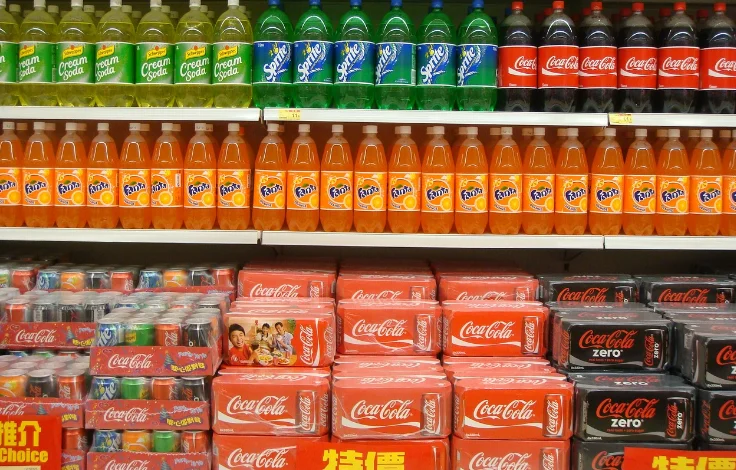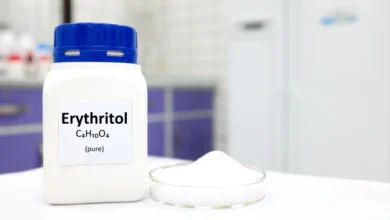UK Sugar Tax Cuts Children’s Sugar Intake from Soft Drinks by Nearly Half, Study Finds
After the sugar tax was announced in 2016, many soft drink manufacturers reformulated their products, significantly reducing children's added sugar consumption over three years.

The introduction of the sugar tax in the United Kingdom has had a significant impact on children’s health, particularly in reducing their intake of added sugars from sodas and other soft drinks. This policy, which was introduced in March 2016 and implemented in April 2018, aimed to curb childhood obesity by encouraging manufacturers to reformulate their products to contain less sugar.
Researchers from the University of Cambridge and other British universities conducted a study analyzing 11 years of data to assess the sugar tax’s effectiveness. They found that the tax’s implementation resulted in nearly a 50% reduction in children’s added sugar intake from soft drinks, and adults experienced a 33% reduction as well.
This notable decrease is attributed to manufacturers reducing added sugars in their products, increased consumer preference for low-calorie artificial sweeteners, and public health campaigns raising awareness about the risks of high sugar consumption.
The impact of the sugar tax extends beyond just reducing sugar consumption. According to the study published in the Journal of Epidemiology & Community Health, the tax resulted in a 23.5% relative decrease in added sugar intake among children and a 40.4% relative decrease among adults, even after accounting for pre-existing trends in declining sugar consumption .
Dr. Peymané Adab from the University of Birmingham emphasized that while the short-term impacts are promising, long-term effectiveness remains to be seen. Historical parallels with tobacco and alcohol consumption suggest that initial reductions might not be sustained without continuous efforts .
One of the key findings from related research is the differential impact of the sugar tax on various demographic groups. For example, a study by the Medical Research Council (MRC) Epidemiology Unit at the University of Cambridge found that the sugar tax was particularly effective in reducing obesity rates among year six girls in deprived areas, who are among the highest consumers of sugary drinks .
Dr. Nina Rogers from the MRC Epidemiology Unit highlighted that while the tax has shown promising results, particularly among older girls, a multi-sector approach is needed to address health disparities among disadvantaged groups. Efforts to combat childhood obesity could involve public awareness campaigns, school programs promoting healthy eating, restrictions on advertising sugary products to children, and additional taxes on high-sugar foods and drinks.
Experts, including Eddie Crouch from the British Dental Association, argue that expanding the sugar tax to other high-sugar food products like cereals is essential. Such measures would not only continue to reduce sugar consumption but also address the broader issues of obesity, diabetes, and dental health .
The Department of Health and Social Care has indicated plans to implement stricter regulations on advertising junk food and banning the sale of sugary, high-caffeine energy drinks to children. These steps aim to build a healthier society and reduce the long-term strain on the NHS .
In conclusion, the UK’s sugar tax has made significant strides in reducing added sugar consumption among children and adults. However, ongoing efforts and expanded measures will be crucial to sustain these gains and address the broader public health challenges associated with high sugar intake.
References:
- Rogers, NT et al. “Associations between trajectories of obesity prevalence in English primary school children and the UK soft drink industry levy: an interrupted time series analysis of surveillance data.” PLOS Med, 26 January 2023. Available from:>https://journals.plos.org/plosmedicine/article?id=10.1371/journal.pmed.1004160
- Rogers, NT et al. “Estimated changes in free sugar consumption one year after the UK soft drinks industry levy came into force: controlled interrupted time series analysis of the National Diet and Nutrition Survey (2011–2019).” Journal of Epidemiology and Community Health. Available from: https://jech.bmj.com/content/early/2023/07/18/jech-2023-221051








